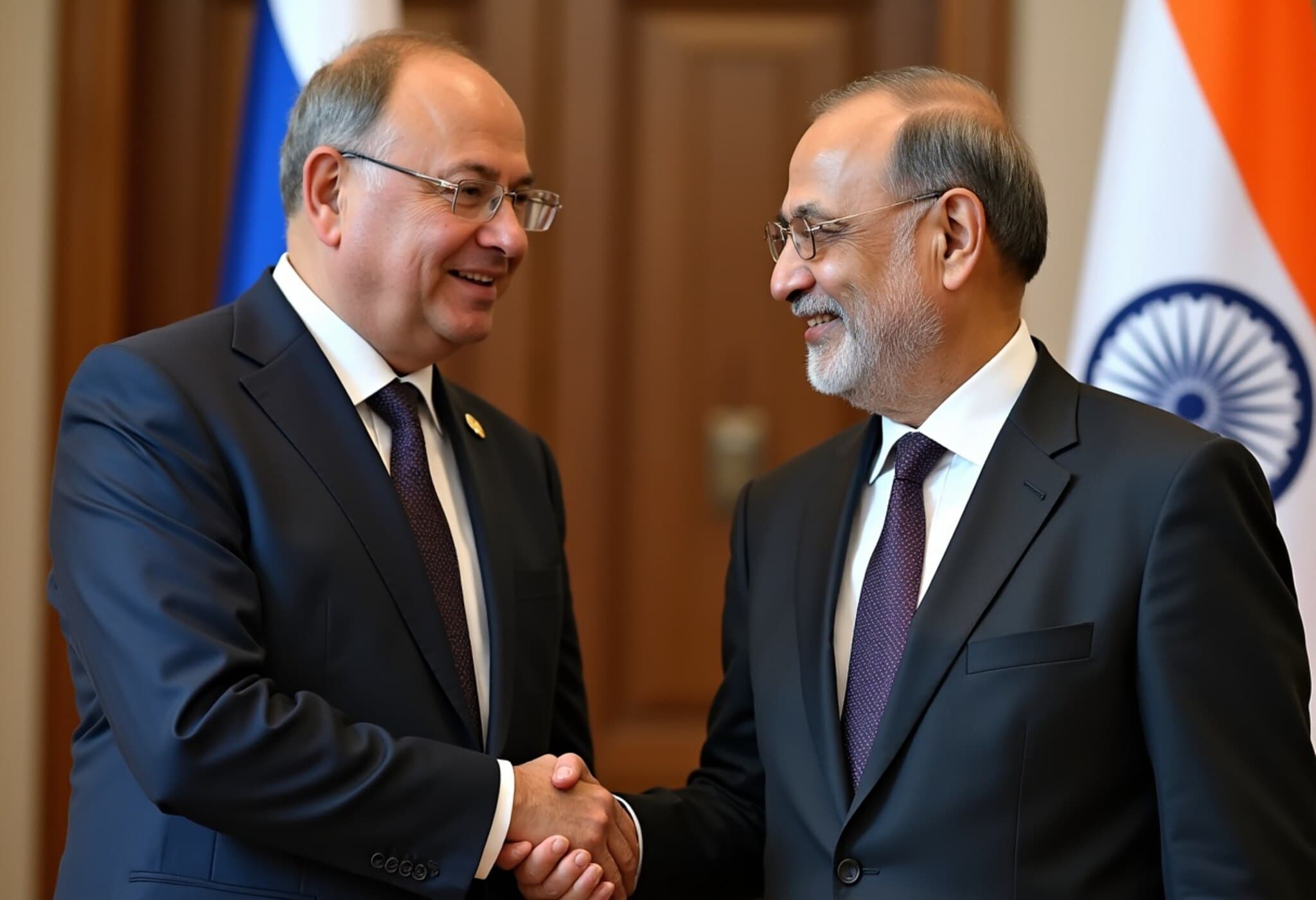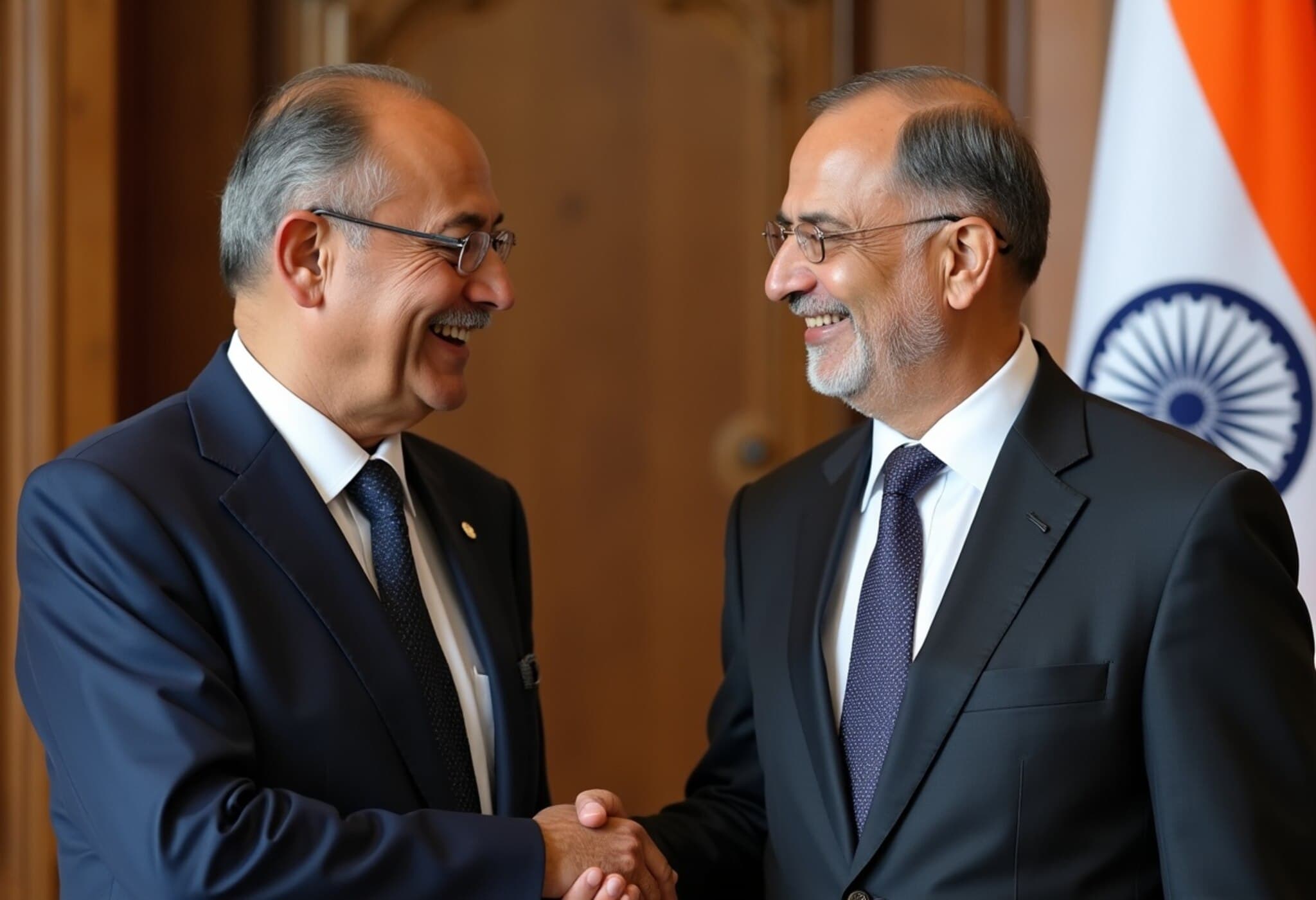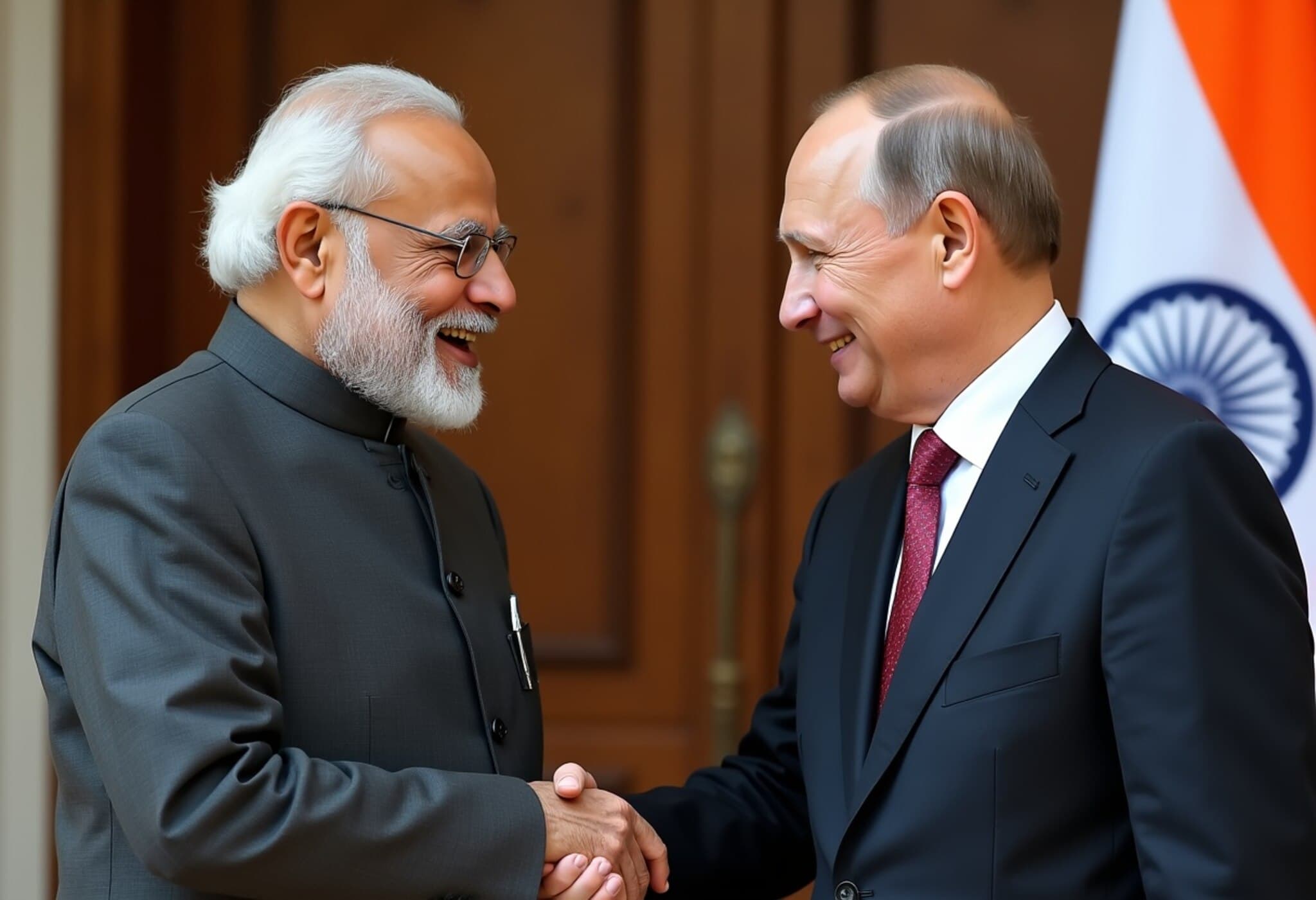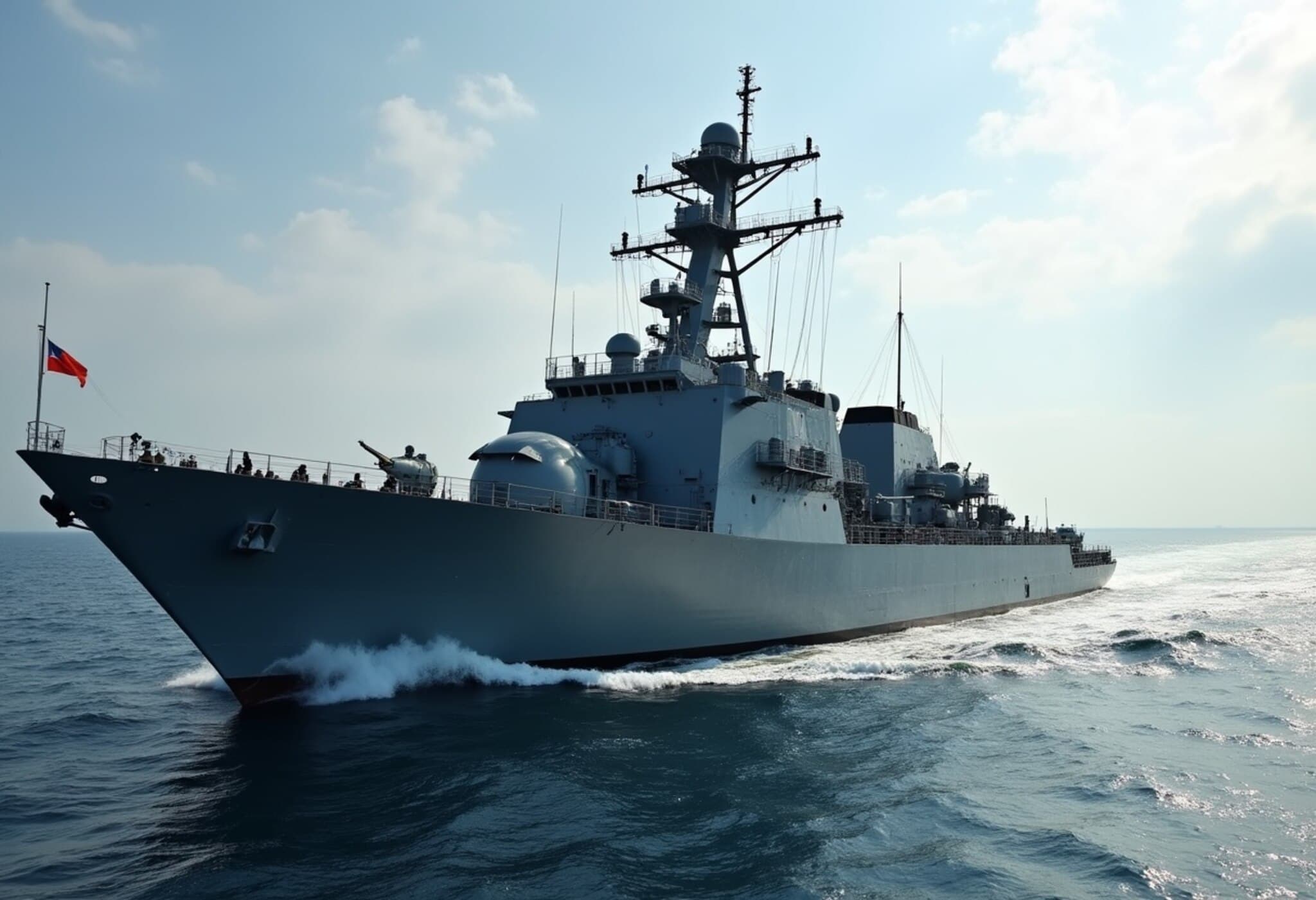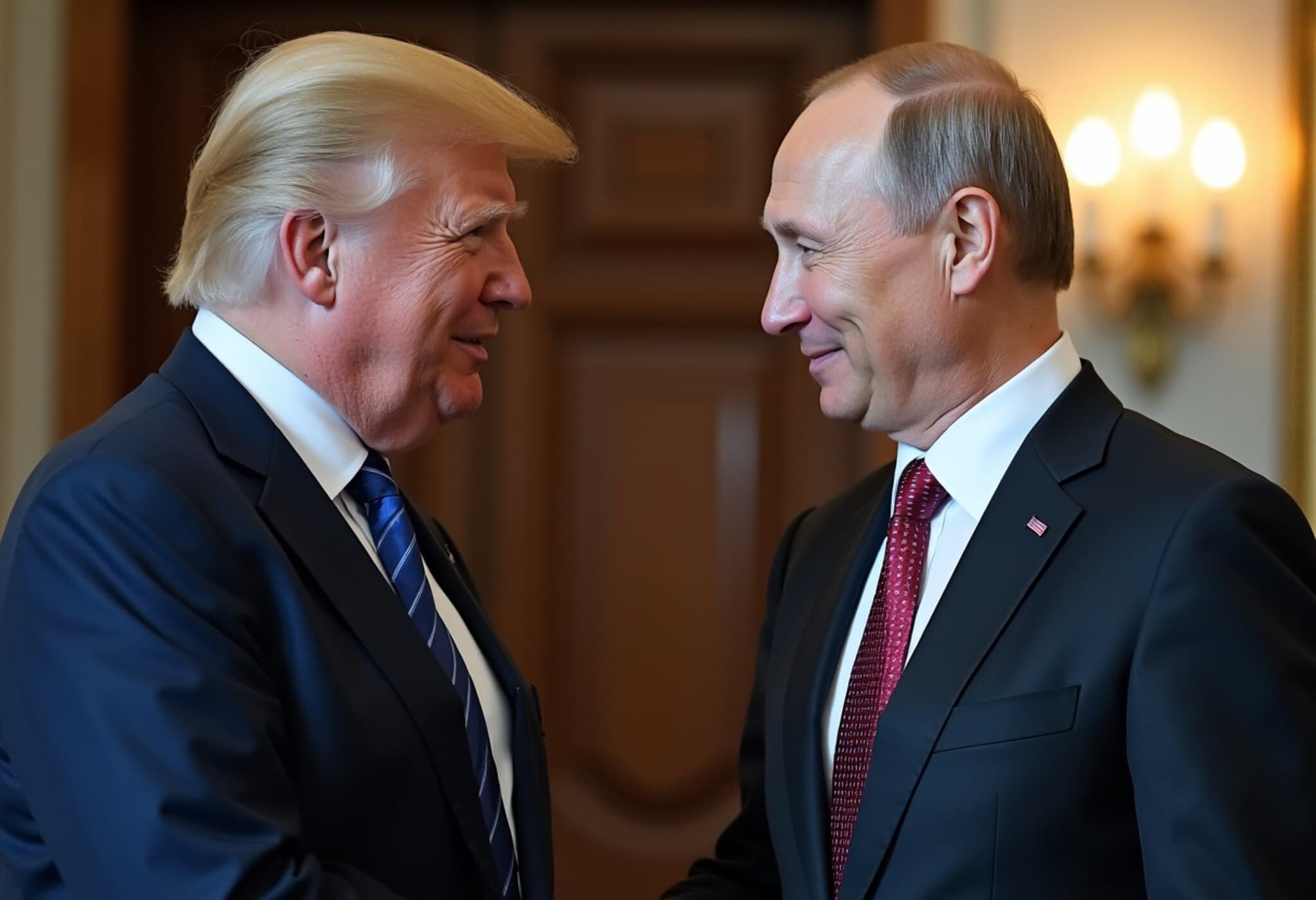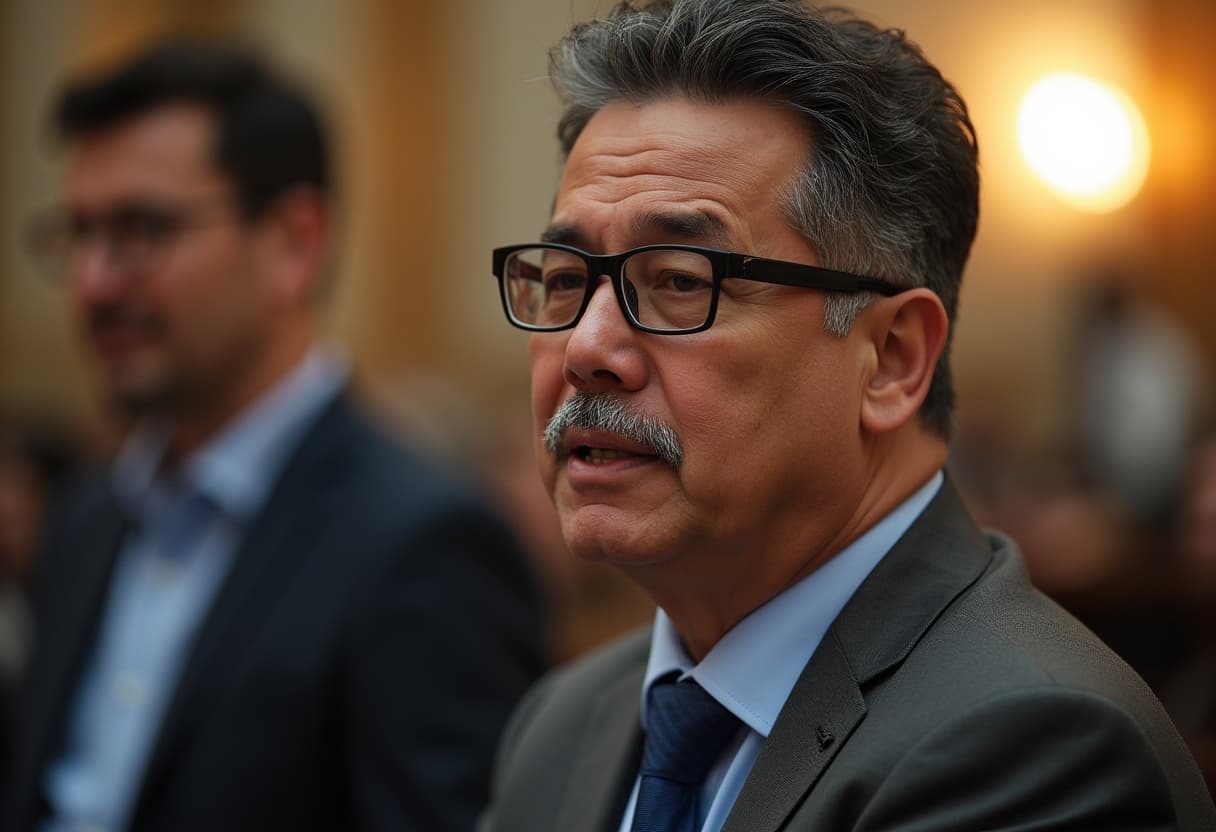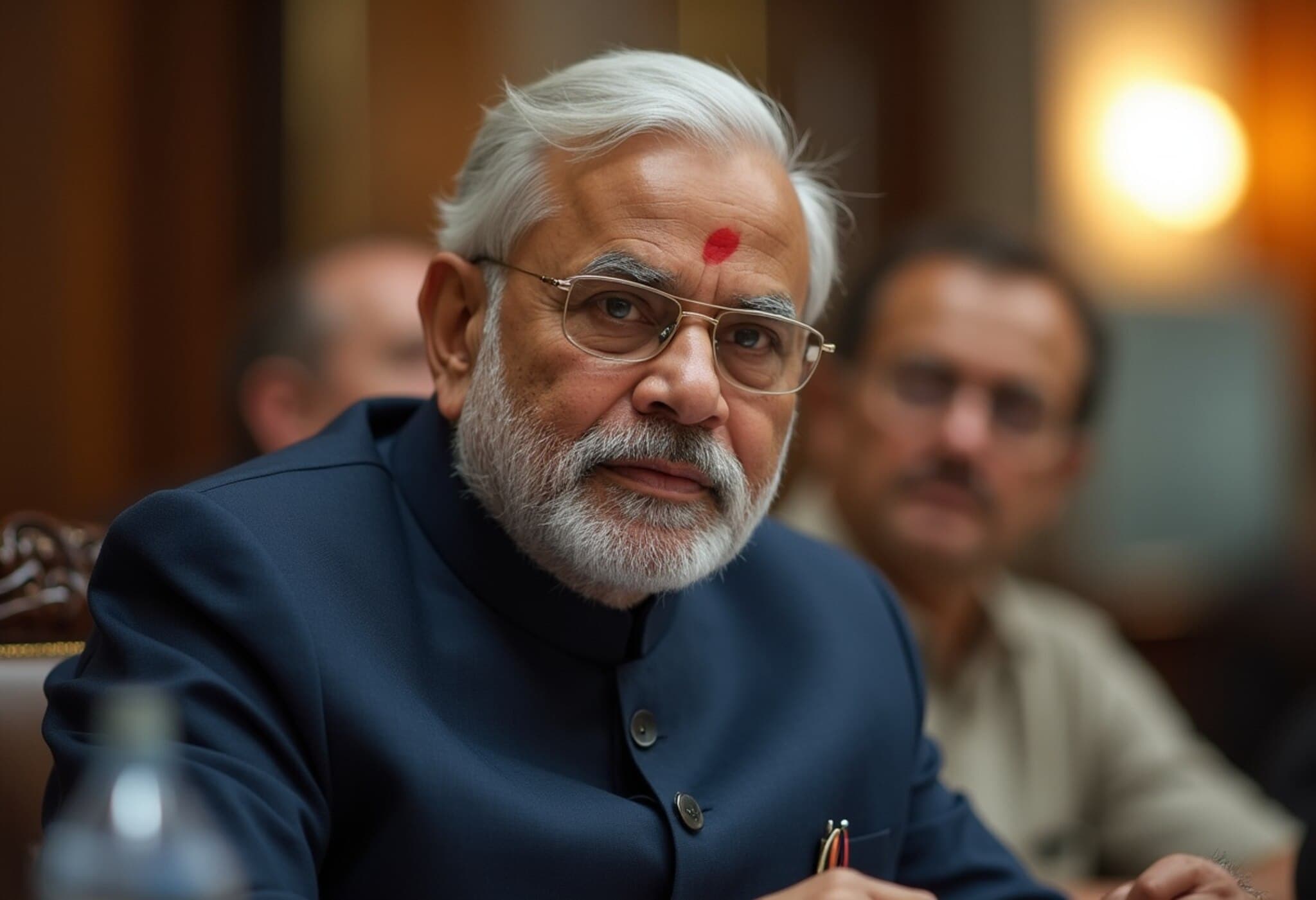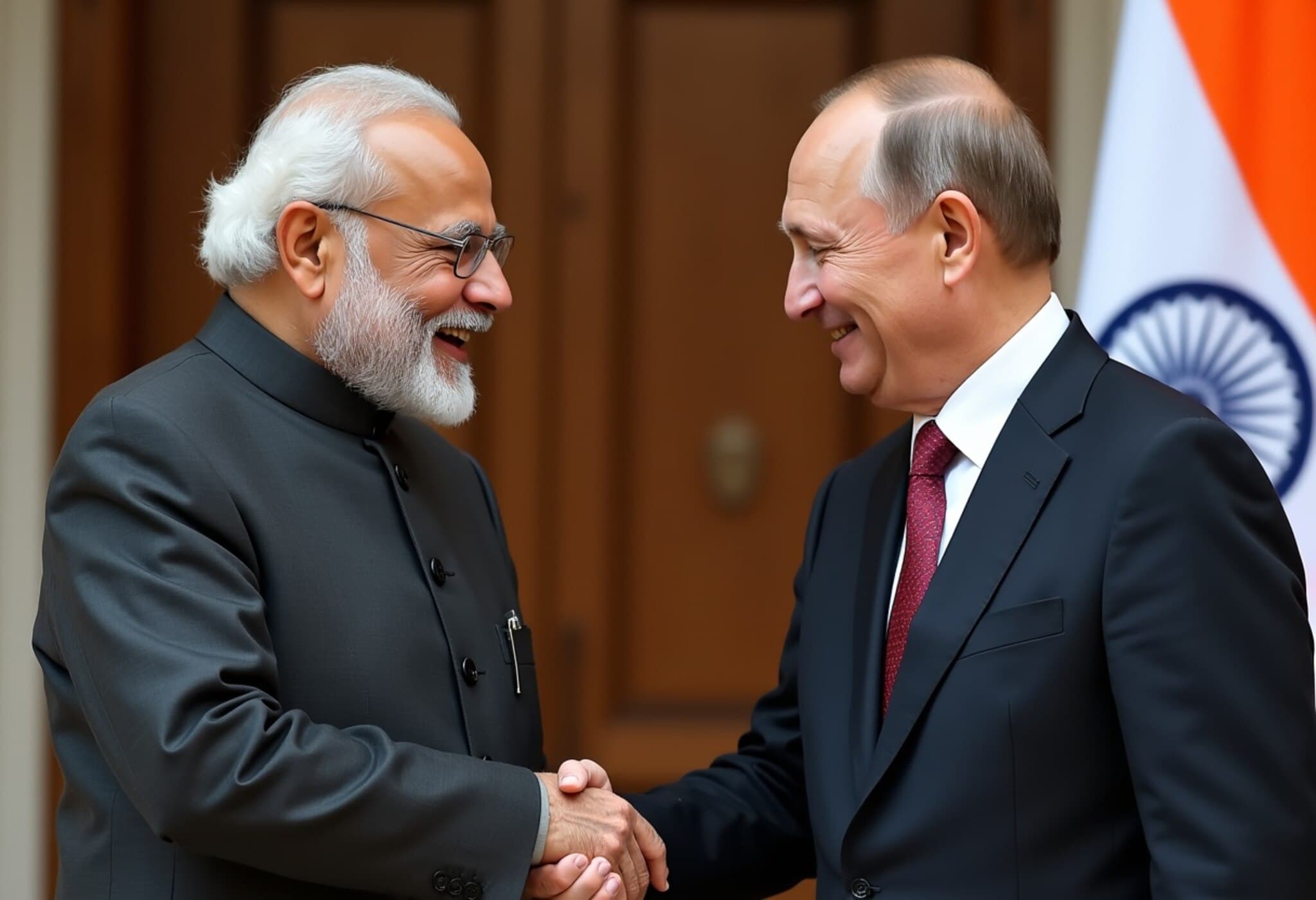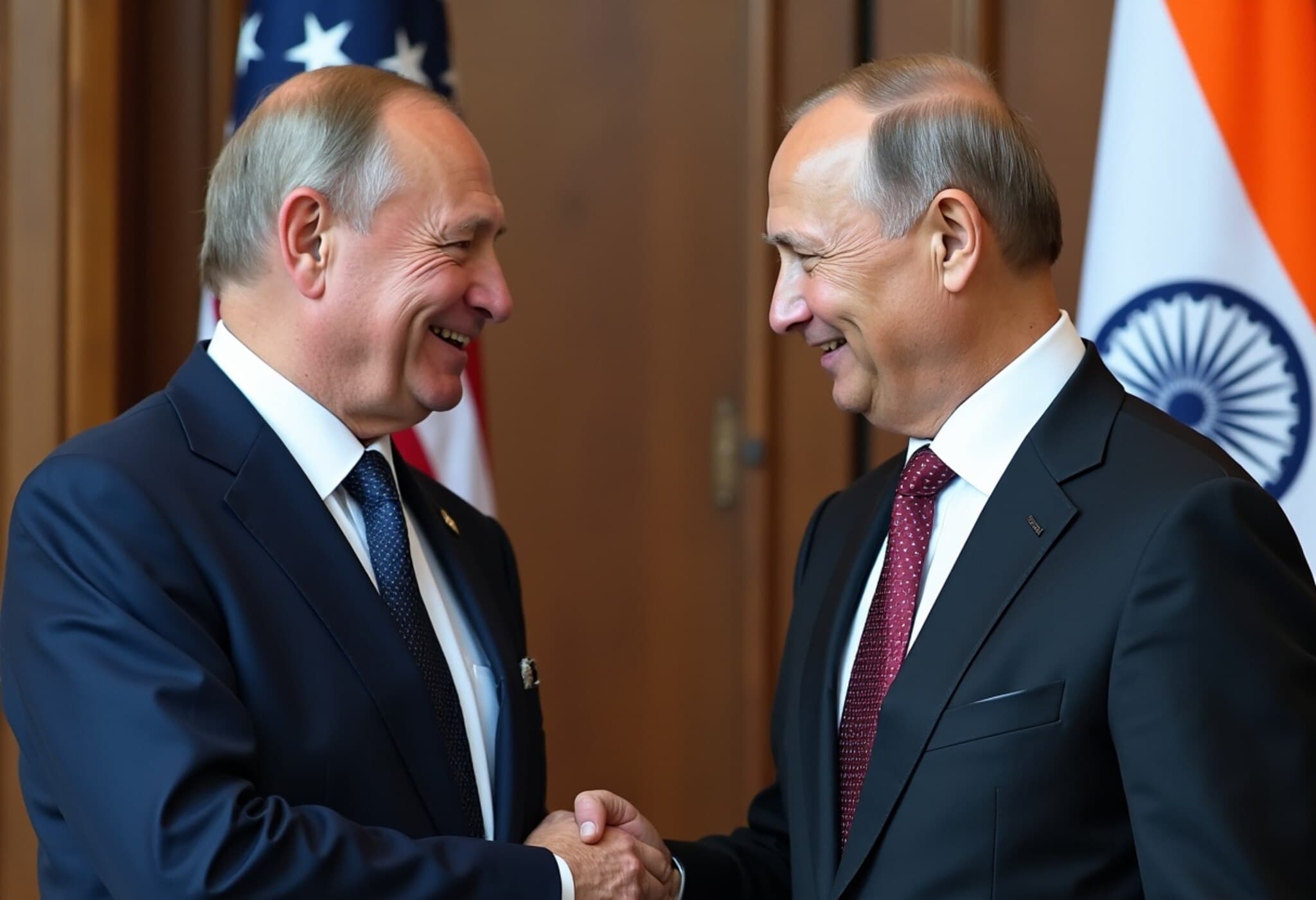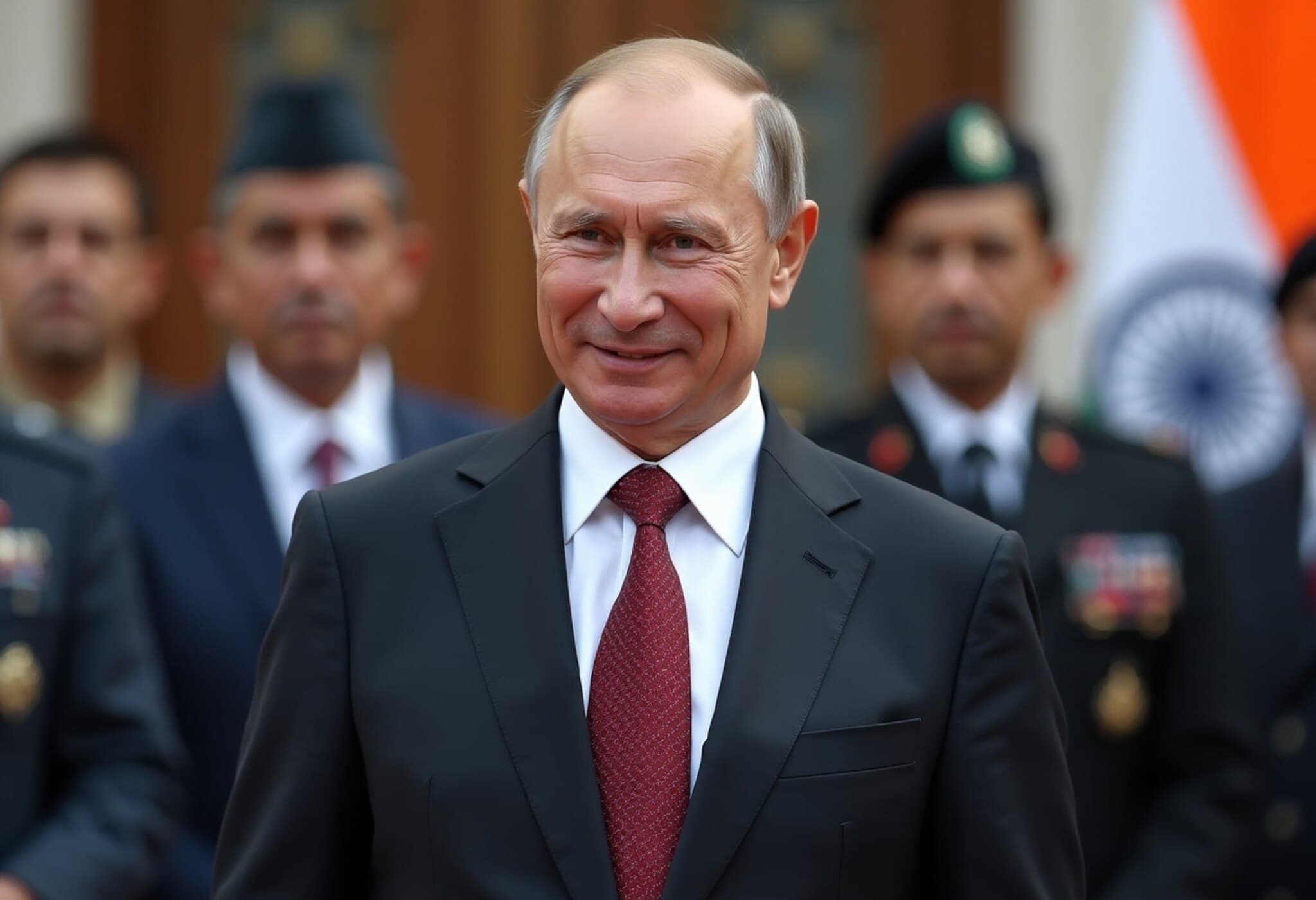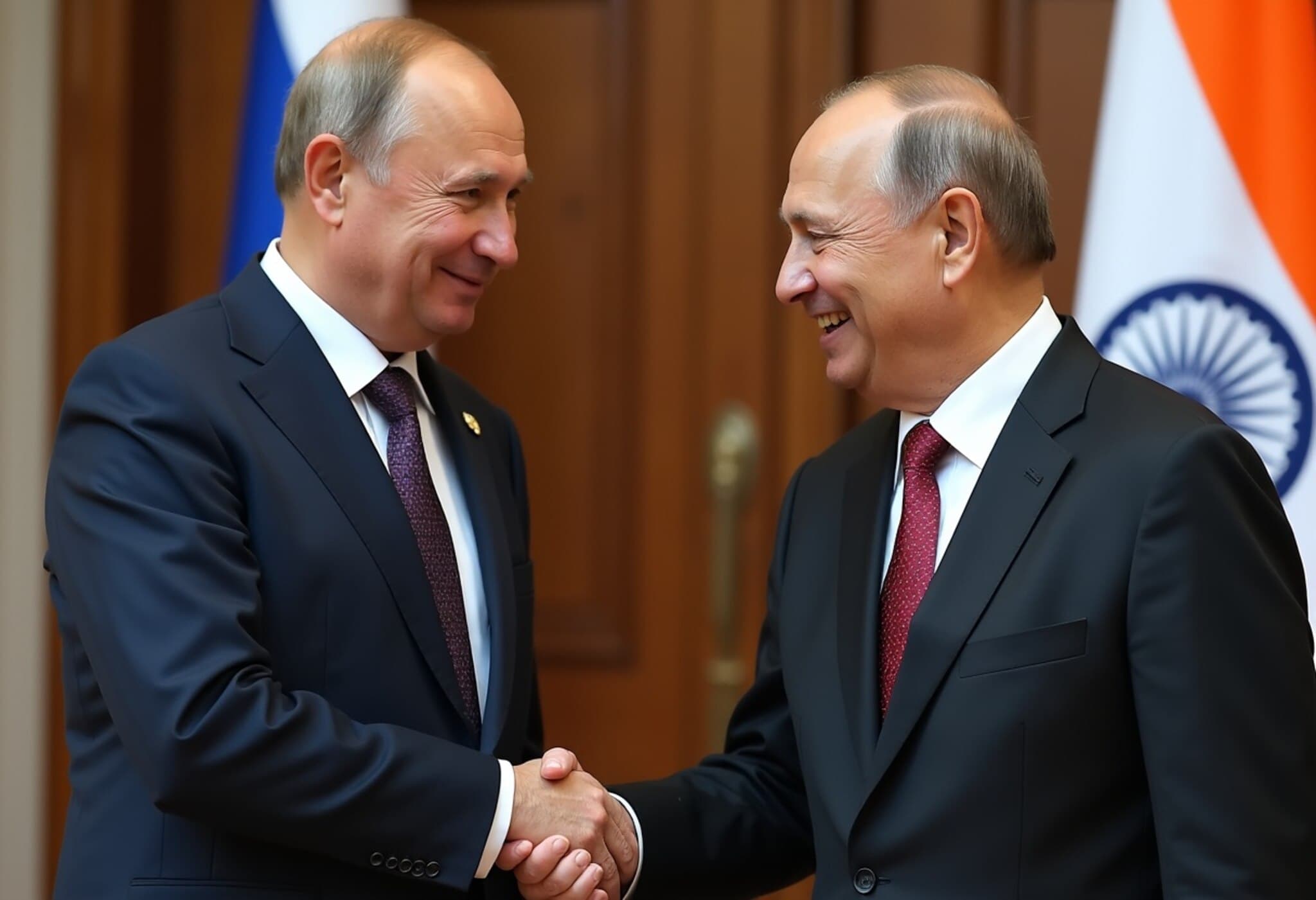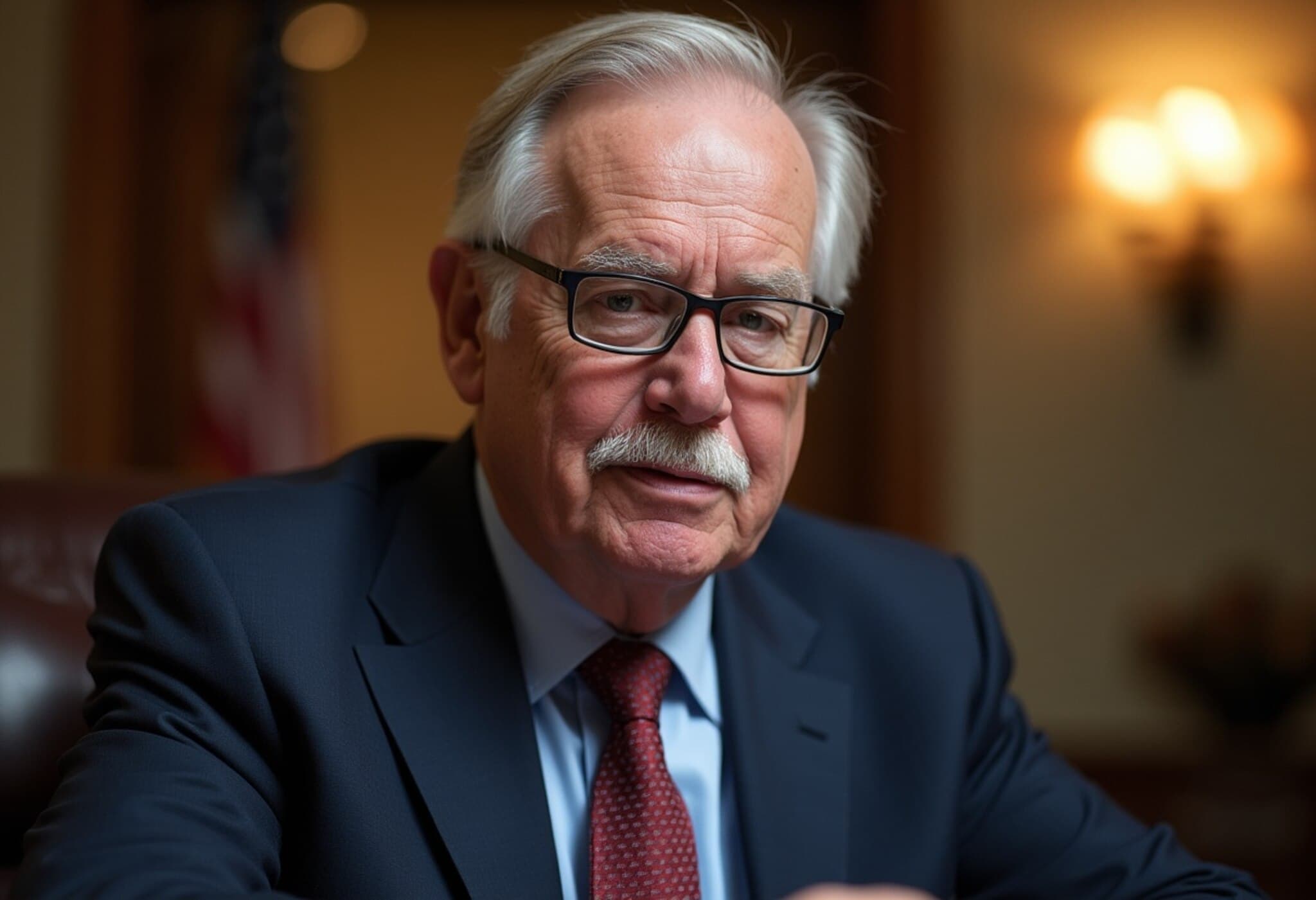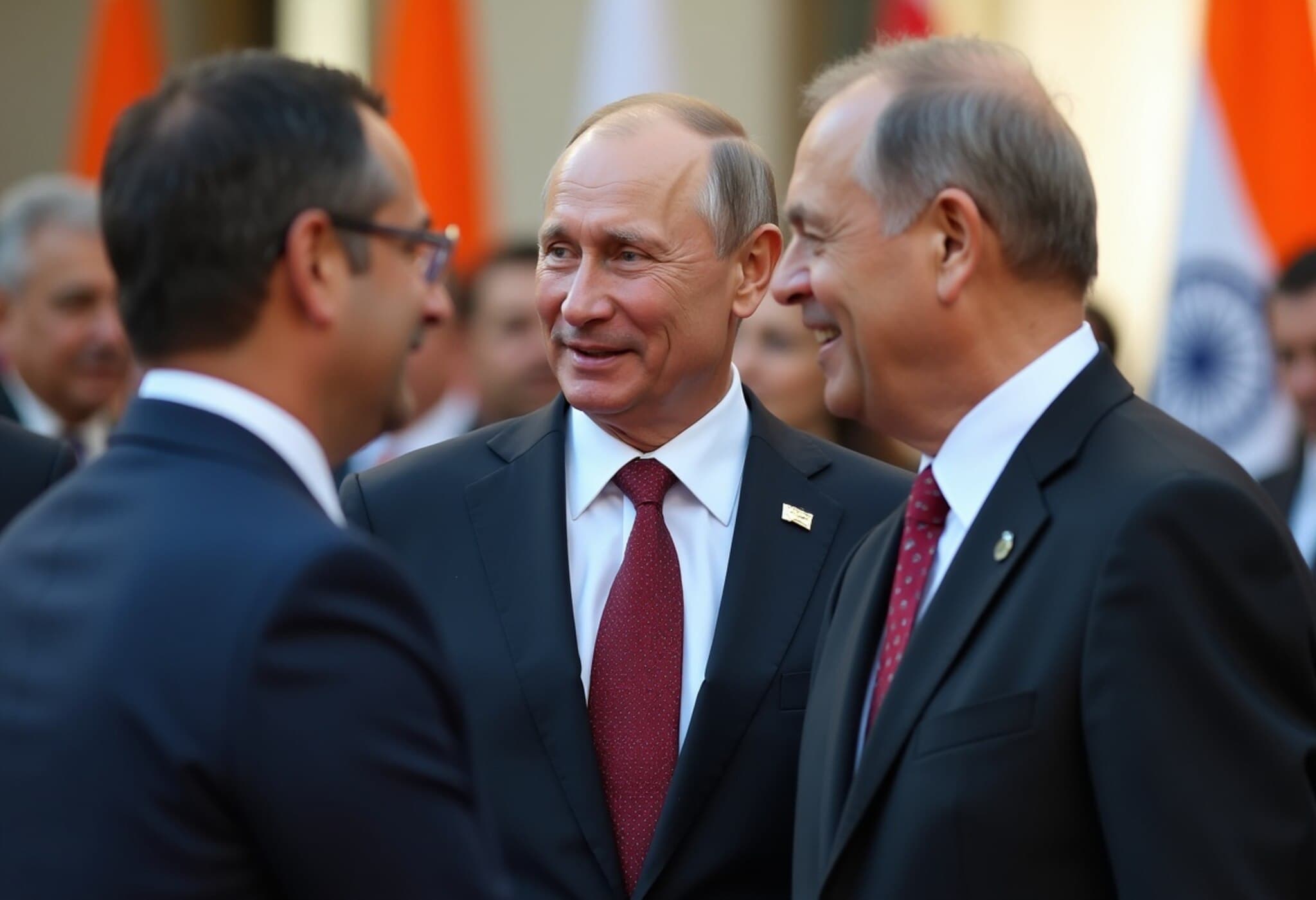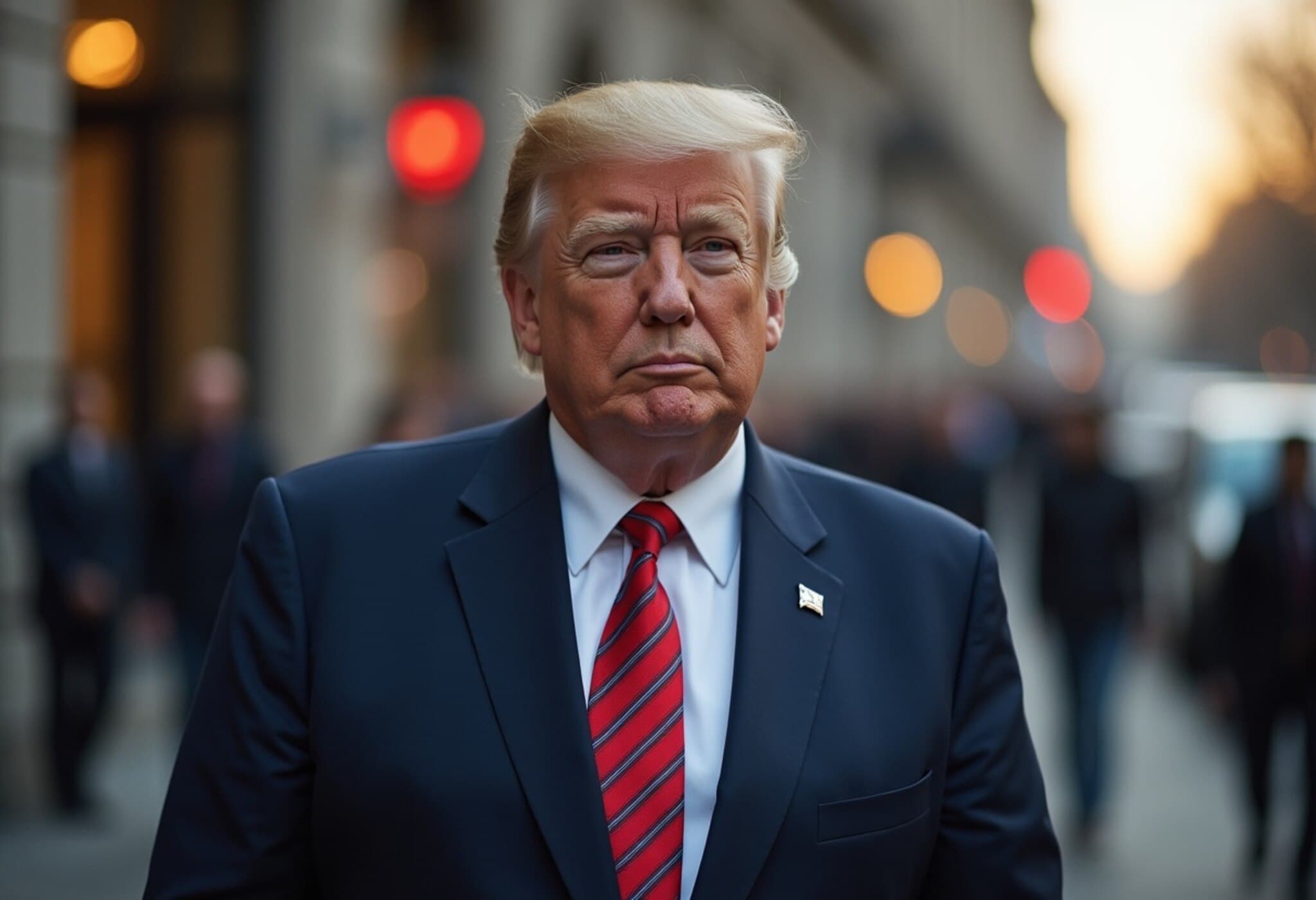India-Russia Ties Marked as World’s Steadiest Post-War Partnership, Jaishankar Asserts in Moscow
August 21, 2025 | Moscow – In a significant diplomatic reaffirmation, India’s External Affairs Minister S. Jaishankar characterized the India-Russia relationship as one of the most enduring and stable global partnerships since the end of World War II. Speaking at a joint press briefing alongside Russian Foreign Minister Sergey Lavrov, Jaishankar underscored the historical depth and forward-looking nature of this strategic alliance.
Rooted in History, Poised for the Future
Following productive discussions on trade and economic cooperation with Russian Deputy Prime Minister Denis Manturov, Jaishankar described the India-Russia bond as a “special and privileged strategic partnership” that has consistently weathered global upheavals. He emphasized that this relationship goes beyond mere diplomacy, encompassing diverse domains such as politics, defense, science, technology, and people-to-people ties.
“We have been the steadiest of major relationships in the world after the Second World War,” Jaishankar emphasized, highlighting recent milestones like last year’s 22nd Annual Summit and follow-up talks in Kazan, with preparations already underway for the next summit scheduled later this year.
Addressing Global Criticism and Realigning Priorities
One of the key points Jaishankar addressed was rising criticism from the United States regarding India’s purchase of Russian oil. Responding firmly, he clarified, “We are not the biggest purchasers of Russian oil—that distinction goes to China. The largest buyers of LNG are the European Union. India has been encouraged by the US to support global energy market stability, including through purchases from Russia.”
“In addition, our imports of American oil have increased, so the logic behind this criticism is rather perplexing,” he noted, calling attention to the complex, multipolar nature of energy geopolitics rather than a simplistic binary approach.
Bilateral Engagements Reflect Increasing Momentum
Highlighting the intensifying interaction across governmental and sectoral levels, Jaishankar cited recent visits by National Security Advisor Ajit Doval, Union Minister Ashwini Vaishnaw, and NITI Aayog Vice Chairman Suman Bery to Russia. These exchanges strengthen multifaceted cooperation and signal growing momentum.
Looking forward, Jaishankar emphasized the necessity for India and Russia to adapt jointly to the evolving international landscape. “We must align ourselves with shifting geopolitical realities and economic dynamics to fully harness our complementarities,” he stated.
Lavrov’s Perspective: A Multipolar World Order and Strategic Cooperation
Russian Foreign Minister Sergey Lavrov warmly welcomed Jaishankar and echoed the sentiment of a robust, time-tested alliance. Reflecting on the changing global order, Lavrov pointed to the rising influence of forums like the Shanghai Cooperation Organization (SCO), BRICS, and the G20 as key platforms for fostering multilateral cooperation.
Addressing the United Nations’ continuing relevance, he described it as “a vital forum for cooperation, compromise, and agreement-seeking.” Lavrov reiterated Moscow's support for balanced, pragmatic approaches and expressed optimism that ongoing discussions would prove fruitful and forward-looking.
Expert Analysis: Navigating Complexity in India-Russia-USA Dynamics
From a policy analyst’s vantage point, Jaishankar’s visit occurs amid a complex geopolitical backdrop: growing US-China rivalry, energy market volatility, and shifting alliances in Eurasia. India’s navigation of its strategic autonomy—balancing ties with Russia despite Western pressures—reflects a nuanced approach grounded in historical trust and realpolitik.
Notably, Mr. Jaishankar’s remarks signal India’s intent to safeguard its national interests without alienating key global partners. The episode underscores an essential theme in contemporary international relations: the enduring value of diversified partnerships in an increasingly multipolar world.
What’s Next?
- India-Russia Summit 2025: Scheduled for later this year, it will likely underscore enhanced cooperation in defense, energy, and technology.
- Energy Diplomacy: Monitoring how New Delhi manages its energy imports amid geopolitical pressures could offer insights into evolving global energy security frameworks.
- Multipolarity and Regional Stability: The roles of SCO, BRICS, and G20 in balancing powers will continue shaping strategic dialogues involving India and Russia.
Editor’s Note
The dialogue between India's External Affairs Minister S. Jaishankar and Russia’s Sergey Lavrov highlights more than just diplomacy—it reflects a strategic commitment to stability amid global uncertainty. This enduring partnership challenges the oversimplified narratives dominating global discourse, urging policymakers and observers alike to appreciate the nuanced architecture of 21st-century alliances. As India strides toward a leadership role on the global stage, its balancing act between East and West will be critical in shaping future world order dynamics.

